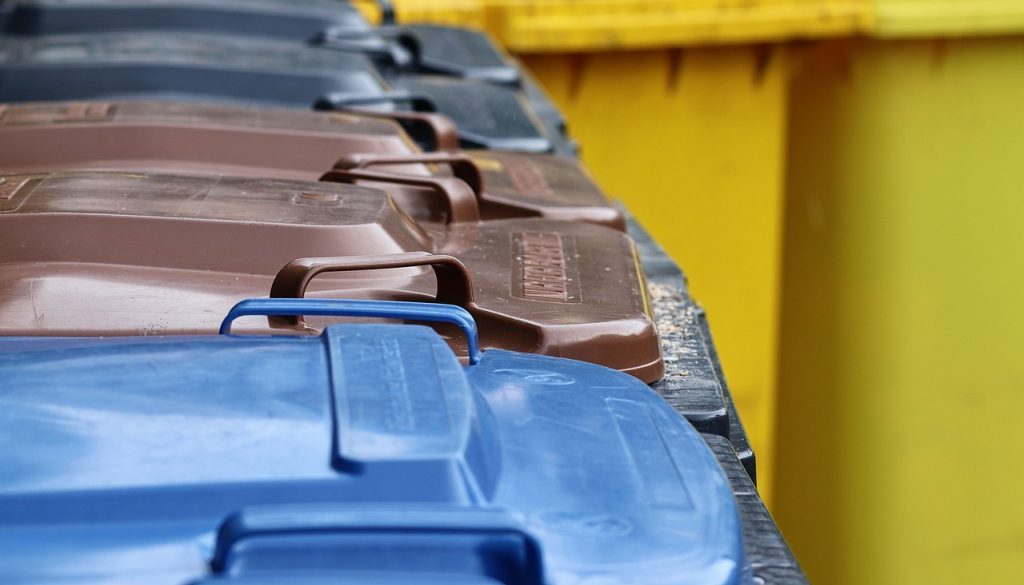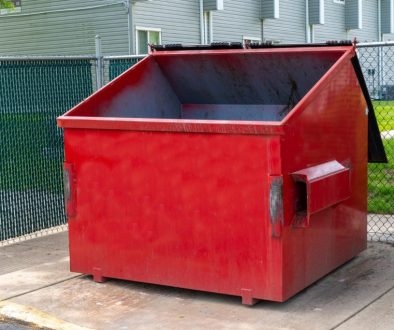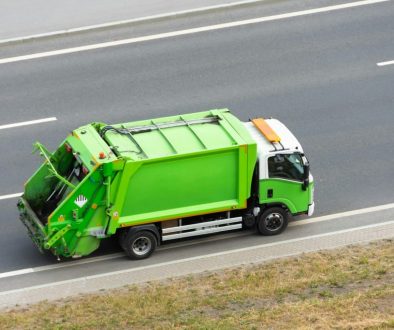Dealing with hazardous waste requires careful attention to detail. Whether you are at home or running a business, recognising and properly managing hazardous materials is crucial. Mishandling these substances can pose serious risks to both human health and the environment. Common hazardous wastes include items like batteries, chemicals, paints, and electronic waste, all of which require special handling.
Proper disposal of hazardous waste is essential to avoid contamination of soil, water, and air. When hazardous materials are disposed of incorrectly, they can seep into the ground, pollute water sources, and release toxic fumes. This not only harms local ecosystems but can also affect community health. By learning the right disposal methods, we can prevent these negative impacts and contribute to a safer, cleaner environment.
Understanding how to manage hazardous waste effectively starts with being able to identify what qualifies as hazardous. From there, proper containment and labelling are key steps to ensure safe handling. Finally, knowing your local disposal options can make the whole process easier and more efficient. This article will guide you through these steps, helping you navigate the complexities of hazardous waste disposal.
Identifying Hazardous Waste in Your Home or Business
Identifying hazardous waste is the first step towards safe disposal. Hazardous waste can be found in various forms and in many places. Common examples include batteries, paint, cleaning chemicals, pesticides, and electronic waste. These items contain harmful substances that can cause damage to the environment and human health if not handled properly.
Household products often overlooked as hazardous include old medicines, fluorescent light bulbs, and some beauty products. It’s essential to read labels carefully. Look for words like “flammable,” “toxic,” “corrosive,” or “reactive.” These labels indicate that the product is hazardous and requires special disposal methods.
Hazardous waste can come from industrial processes, laboratories, or construction sites in a business setting. Materials such as solvents, asbestos, and certain types of oils need careful handling. Conduct regular audits of your inventory to ensure you identify all hazardous substances. Maintaining an updated list of these items will help in planning for their safe disposal.
Proper Containment and Labelling of Hazardous Waste
Once hazardous waste is identified, proper containment and labelling are critical to ensure safe handling. Segregate hazardous waste from non-hazardous waste to prevent contamination. Use appropriate containers that are designed to store specific types of hazardous materials. For example, use metal containers for flammable liquids and plastic containers for corrosive substances.
Labelling is equally important. Clearly label each container with the type of hazardous waste it contains and its potential risks. Use durable, waterproof labels and include symbols or pictograms to indicate the nature of the hazard. Proper labelling helps anyone handling the waste to understand the risks and take necessary precautions.
Ensure containers are securely closed and stored in a safe location. Avoid placing hazardous waste near sources of ignition or in areas prone to flooding. Regularly inspect containers for signs of damage or leakage. If a container becomes damaged, transfer the contents to a new container immediately. Proper containment and labelling prevent accidents and make the subsequent transport and disposal processes much safer.
Safe Transport and Disposal Options
Transporting hazardous waste requires careful planning to avoid accidents and spills. First, ensure that all containers are securely closed and clearly labelled. Use appropriate vehicles that are capable of safely carrying hazardous materials. It is recommended to use vehicles with compartments to keep different types of waste separate.
During transport, follow all legal and safety guidelines. It’s important to have the necessary documentation that outlines the types of hazardous waste being transported. Proper documentation helps in tracking the waste from the source to the disposal site, ensuring accountability and safety. If you are not familiar with the regulations, consult a professional who can guide you through the process.
Consider hiring a specialised waste disposal service if transport feels too risky or complicated. These services have the experience and equipment needed to handle hazardous waste safely. They also stay updated on the latest regulations, making them a reliable choice for ensuring your hazardous waste is disposed of in compliance with the law.
Using Local Hazardous Waste Disposal Services
Local hazardous waste disposal services are a valuable resource for safely managing hazardous waste. These services are equipped to handle the complexities of hazardous waste disposal, making the process more straightforward for you. They offer a range of options, from drop-off sites to scheduled pickups, providing flexibility based on your needs.
Research local services to find one that is licensed and reputable. Look for services that follow stringent safety and environmental standards. Contact your local council for recommendations, or check online reviews to find trustworthy providers. Using local services ensures that your hazardous waste is dealt with responsibly and in accordance with local regulations.
Local disposal services can also offer guidance on how to reduce hazardous waste production. They might provide tips on safer alternatives to hazardous products or ways to minimise waste generation. Partnering with a reliable disposal service not only ensures safe disposal but also promotes a healthier environment.
Conclusion
Managing hazardous waste properly is crucial for protecting our health and the environment. Identifying hazardous waste, ensuring proper containment and labelling, safely transporting it, and using reliable local disposal services are all essential steps in this process. Handling hazardous waste with care prevents contamination and reduces the risk of harm to our communities and natural surroundings.
At Enviro Skip Hire, we are committed to supporting safe and sustainable waste management practices. Our experienced team is here to help you navigate the complexities of hazardous waste disposal. Contact Enviro Skip Hire today to learn more about how we can assist you in safely managing your hazardous waste.




